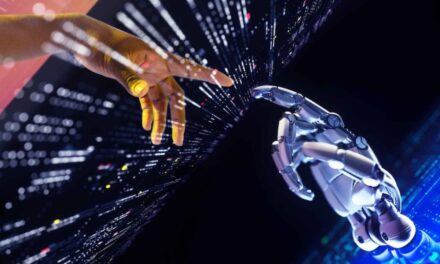Ah, the simulation hypothesis: that tantalizing brain-tickle where you wonder if life’s just a glitchy video game run by bored aliens with god-tier GPUs, and we’re all NPCs dodging existential lag spikes. From Plato’s cave shadows to Neo’s red pill, it’s the ultimate “what if?” for insomniac philosophers and stoned undergrads alike. But hold onto your joysticks, folks—University of British Columbia brainiacs, led by Mir Faizal, just dropped a mathematical mic in the Journal of Holography Applications in Physics, yelling, “Game over, man!” Using heavy-hitter theorems like Gödel’s incompleteness (the “math can’t explain itself” gut-punch) and Chaitin’s info chaos, they prove reality’s got facets too squishy and non-algorithmic for any code to capture. Translation: No super-sim can hack the universe’s quirks without hitting a “does not compute” wall. Even the Platonic math realm? Too pure, too platonic (wink) for binary shackles. Sure, we’ve got AI blurring lines and quantum weirdness teasing the matrix, but this crew says flesh-and-blood beats fake-out every time. It’s not the final boss on sim theory—sci-fi’s too juicy for that—but it’s a solid “you’re real, deal with it” from the cosmos. Wake up and smell the non-sim coffee; your existential dread just got a refund.
Scientists Proved We’re Definitely Not in a Simulation





